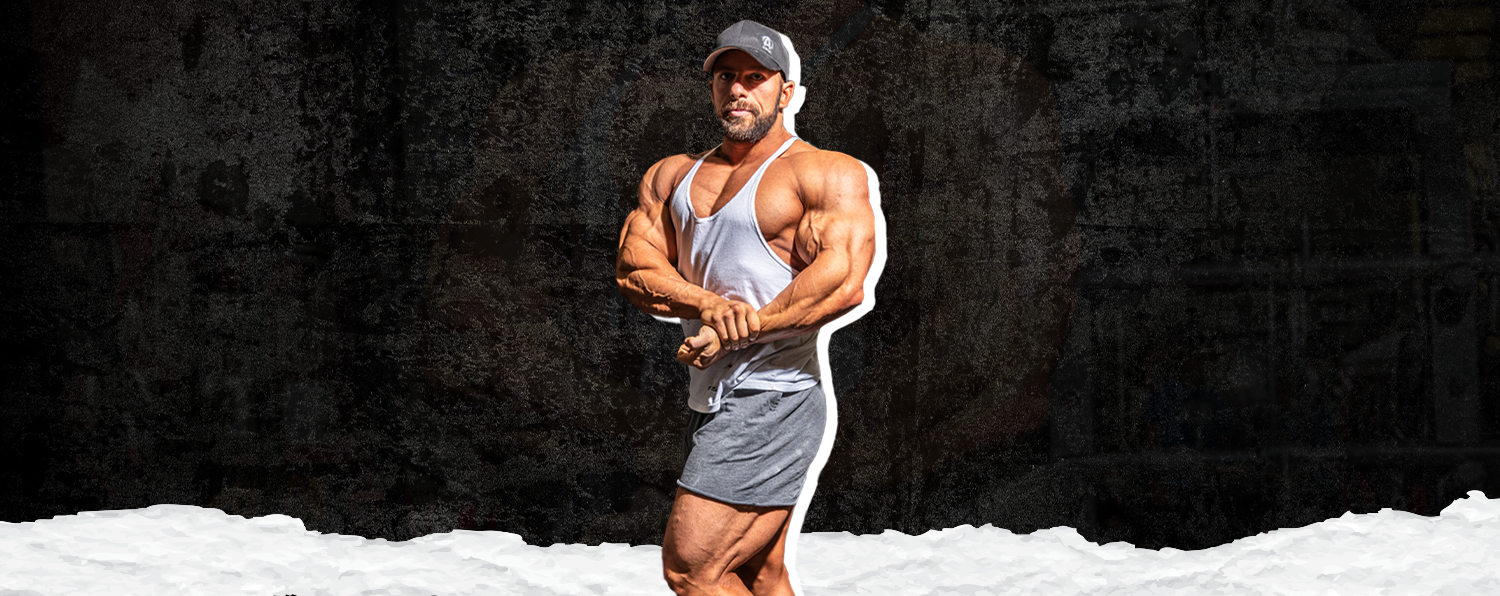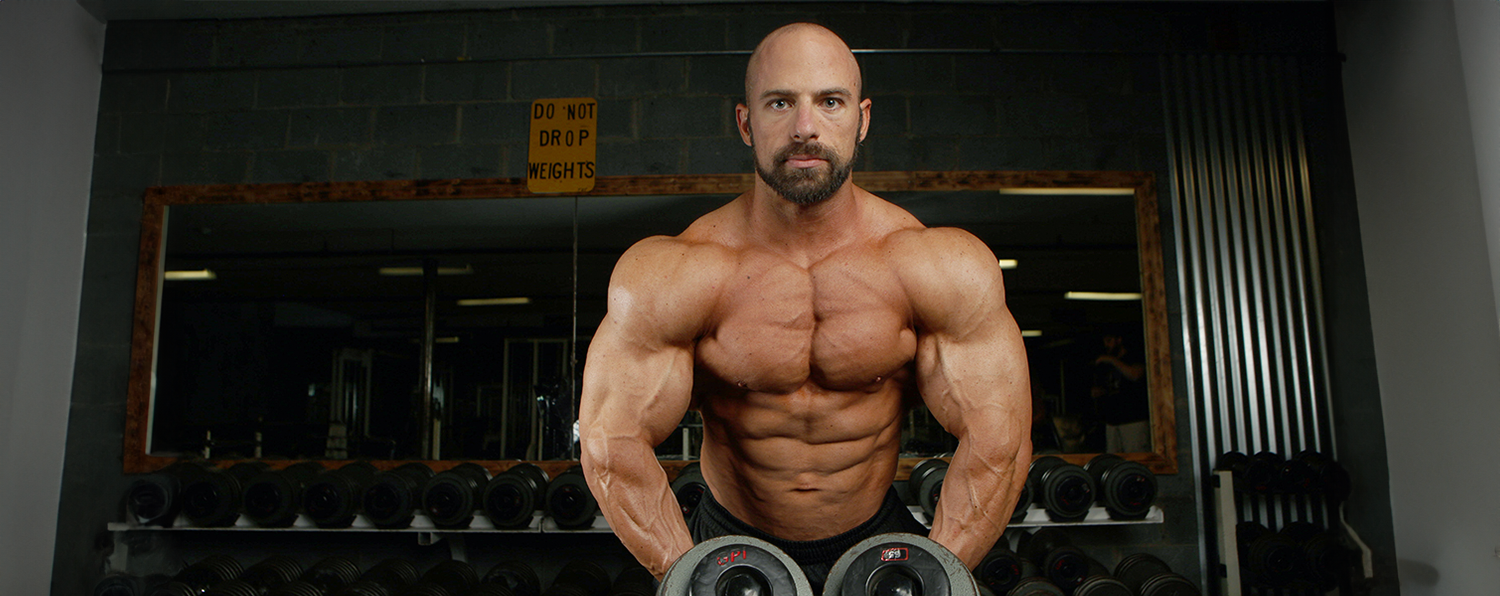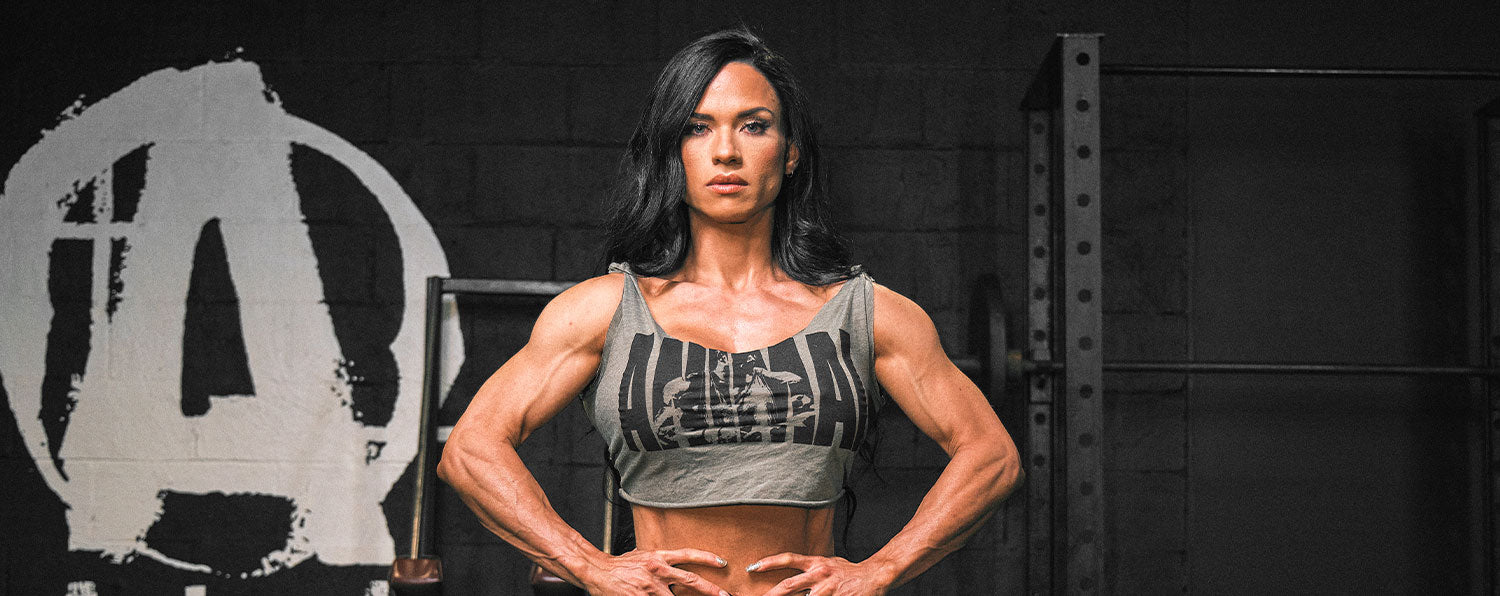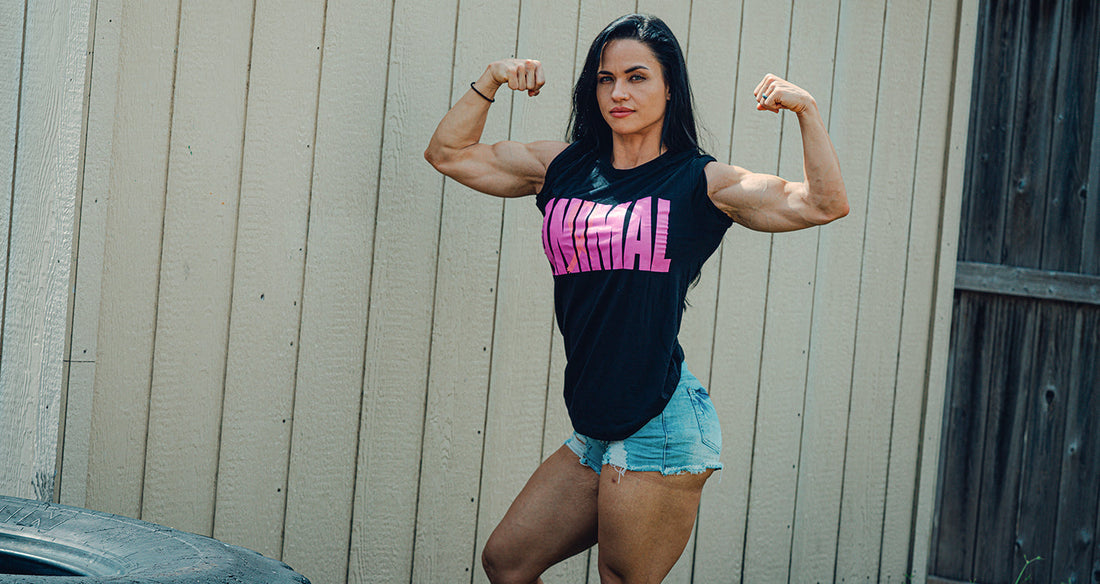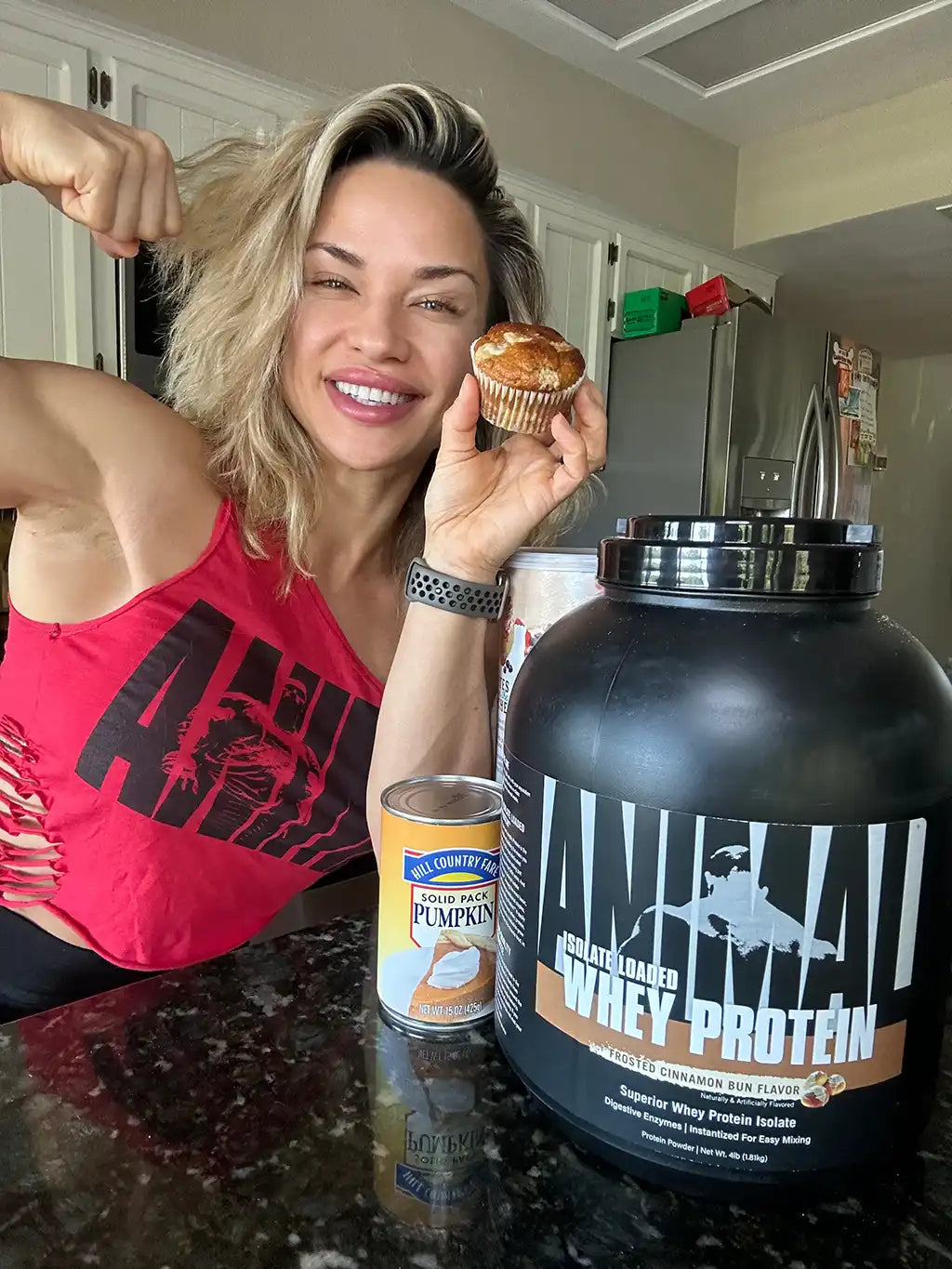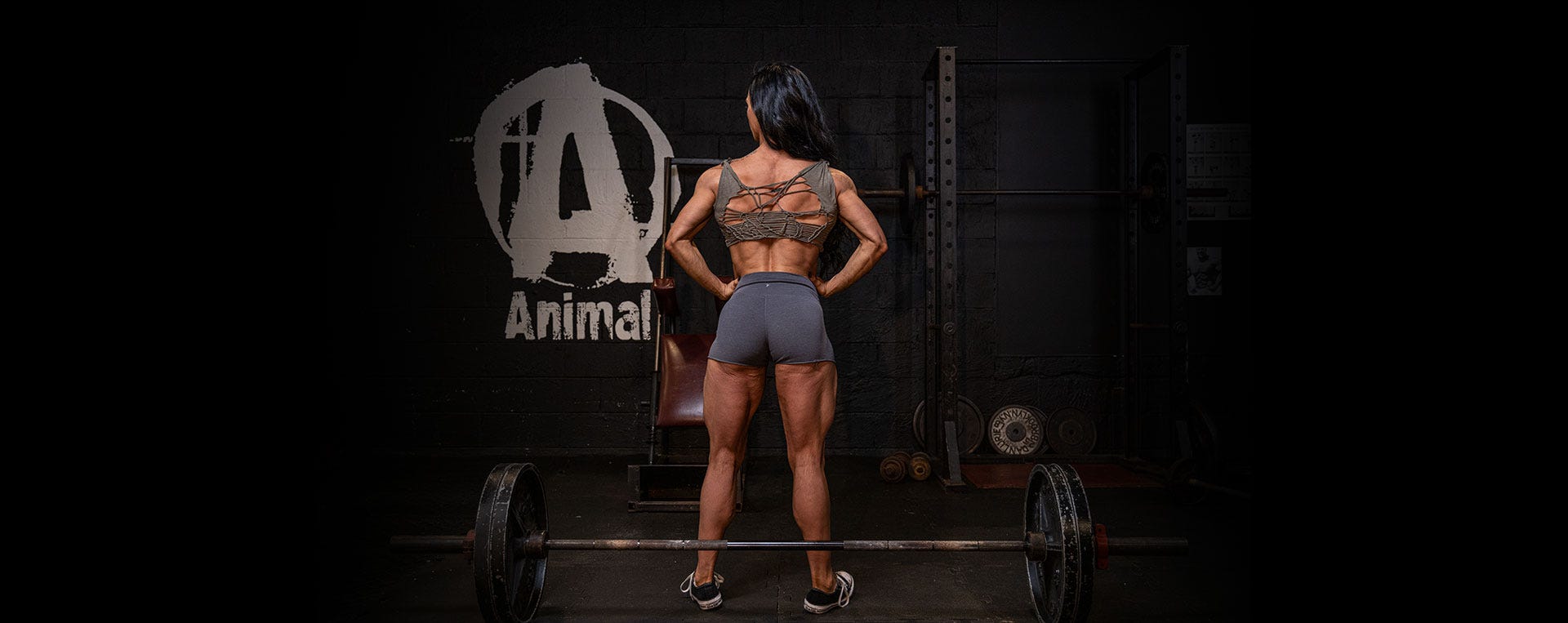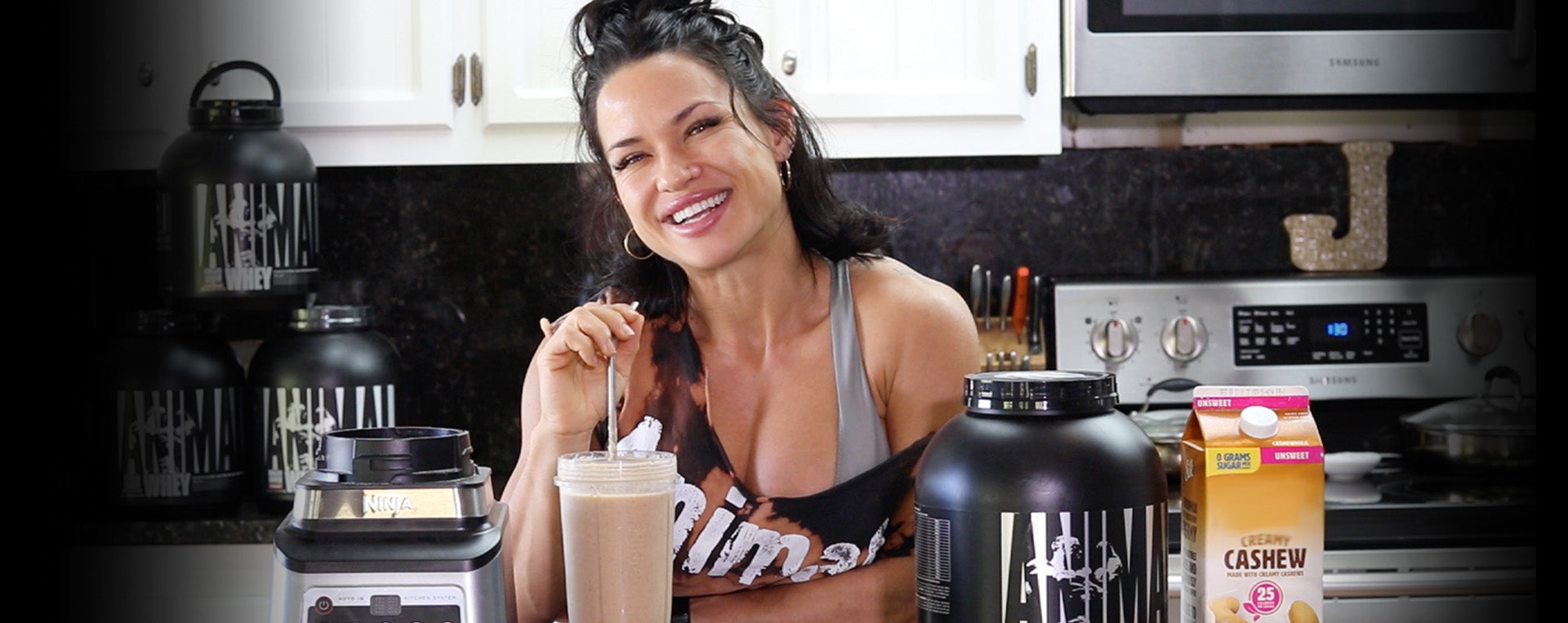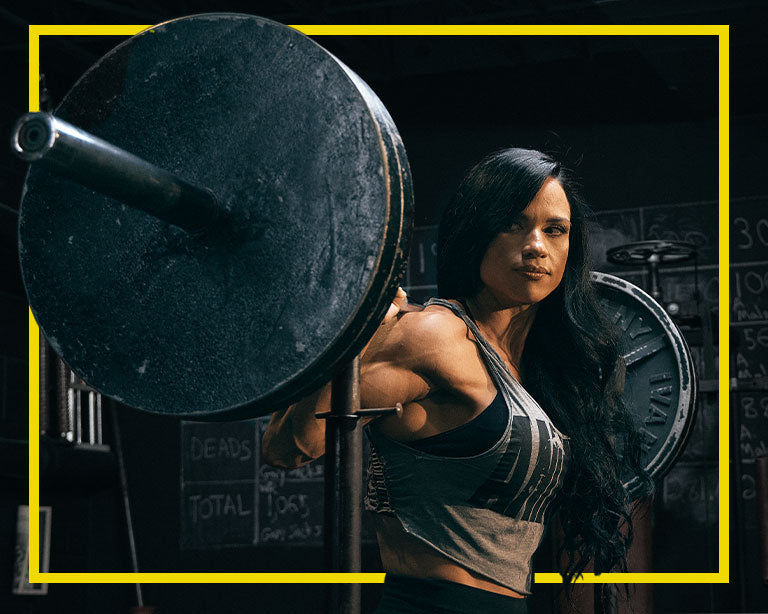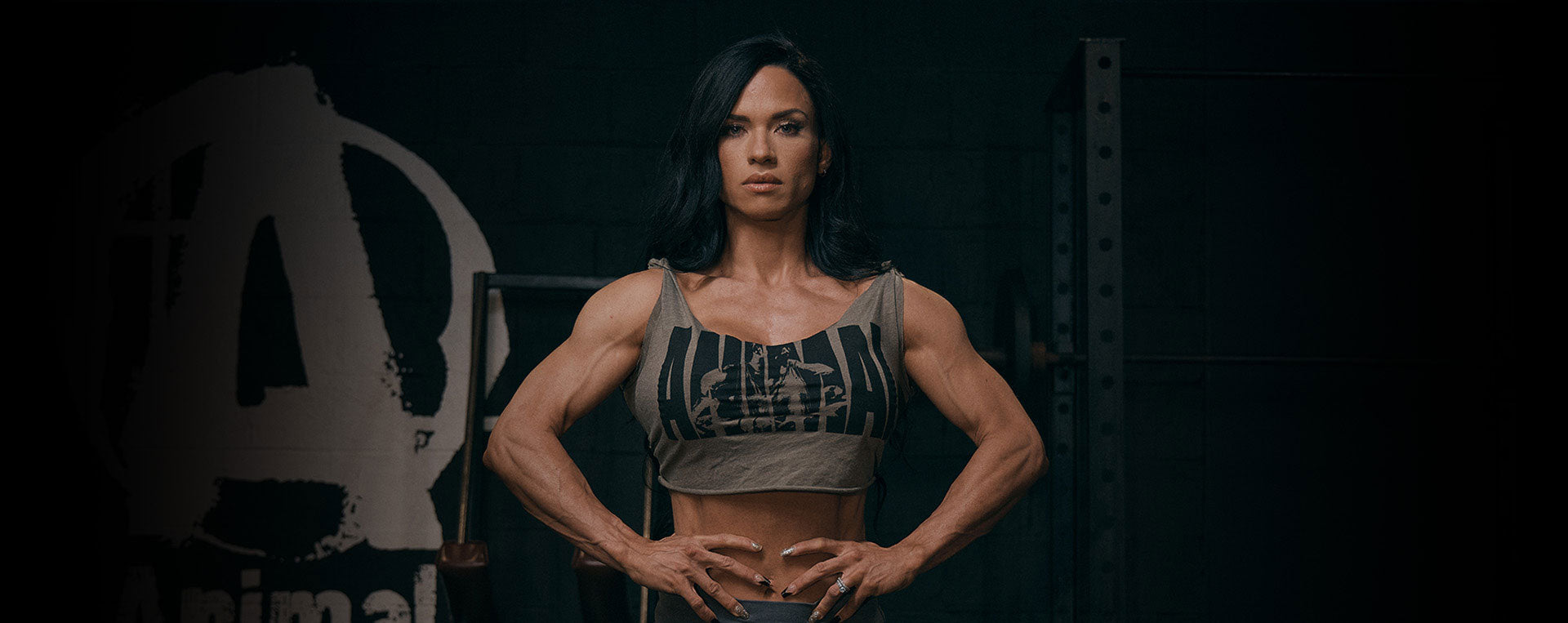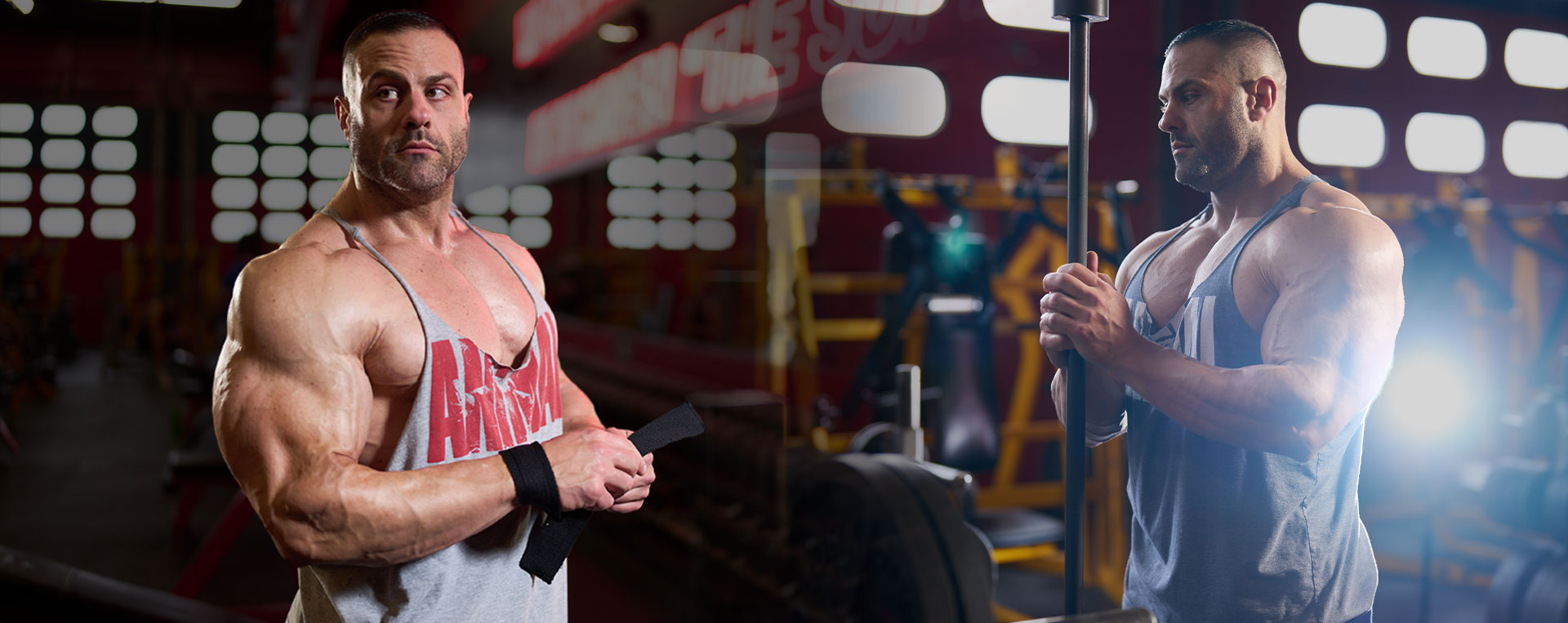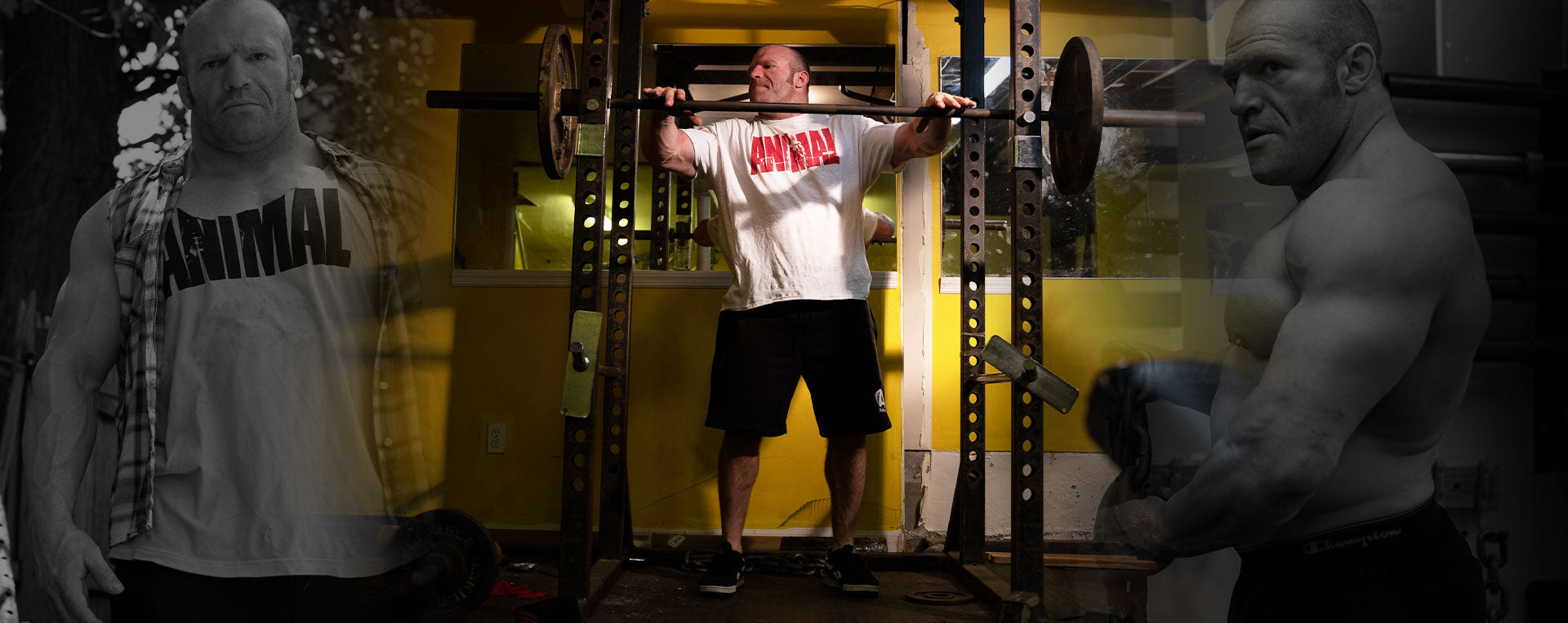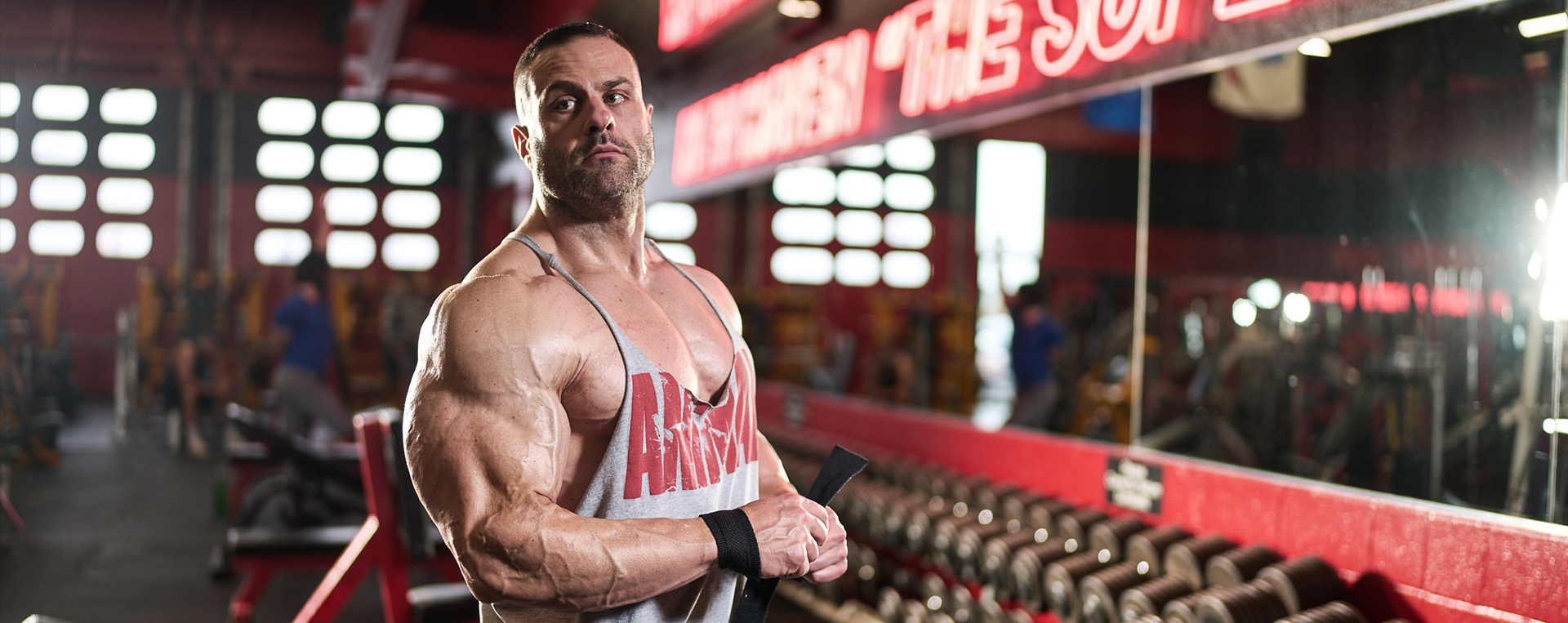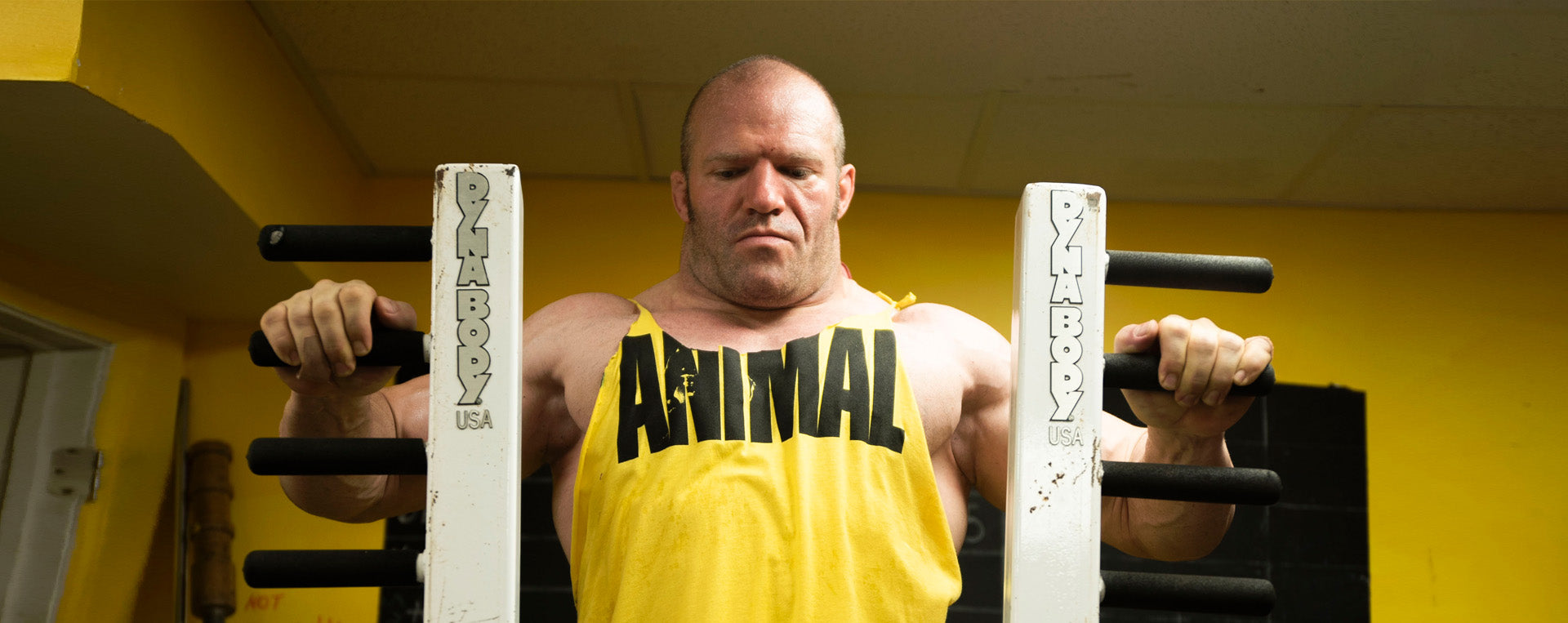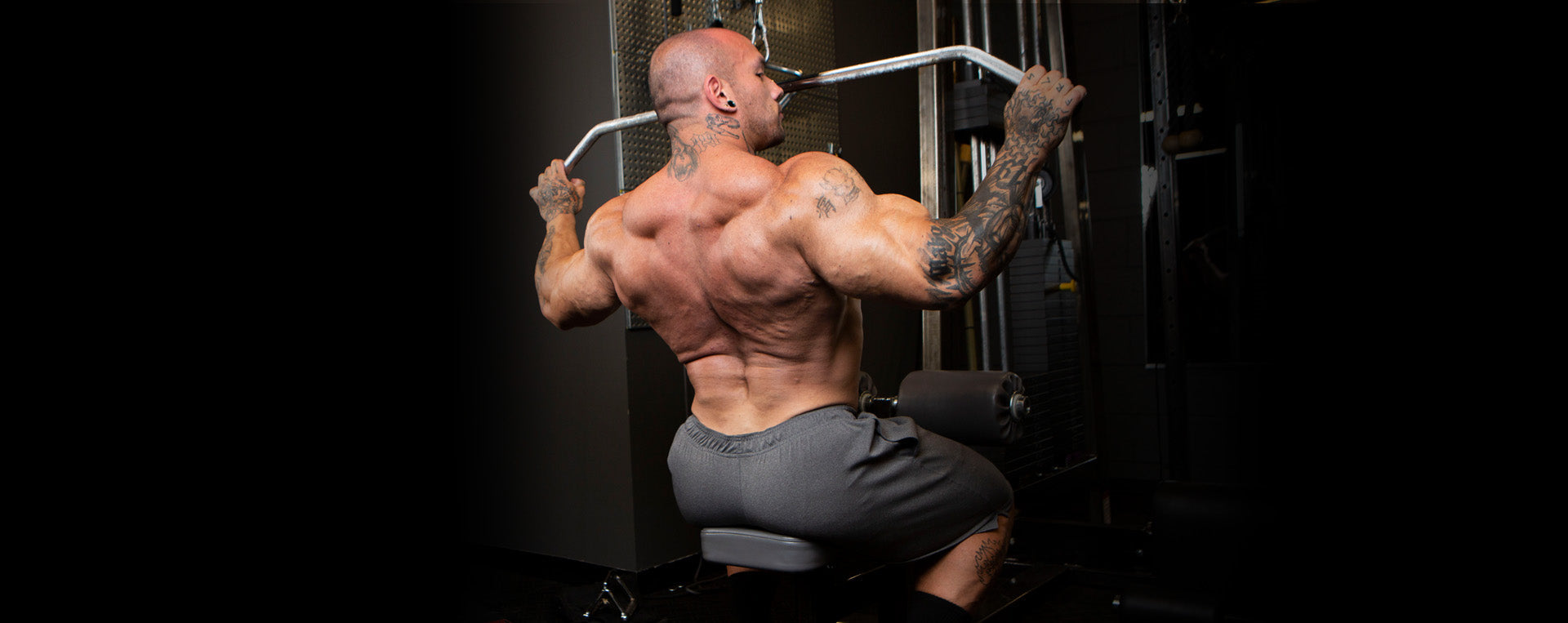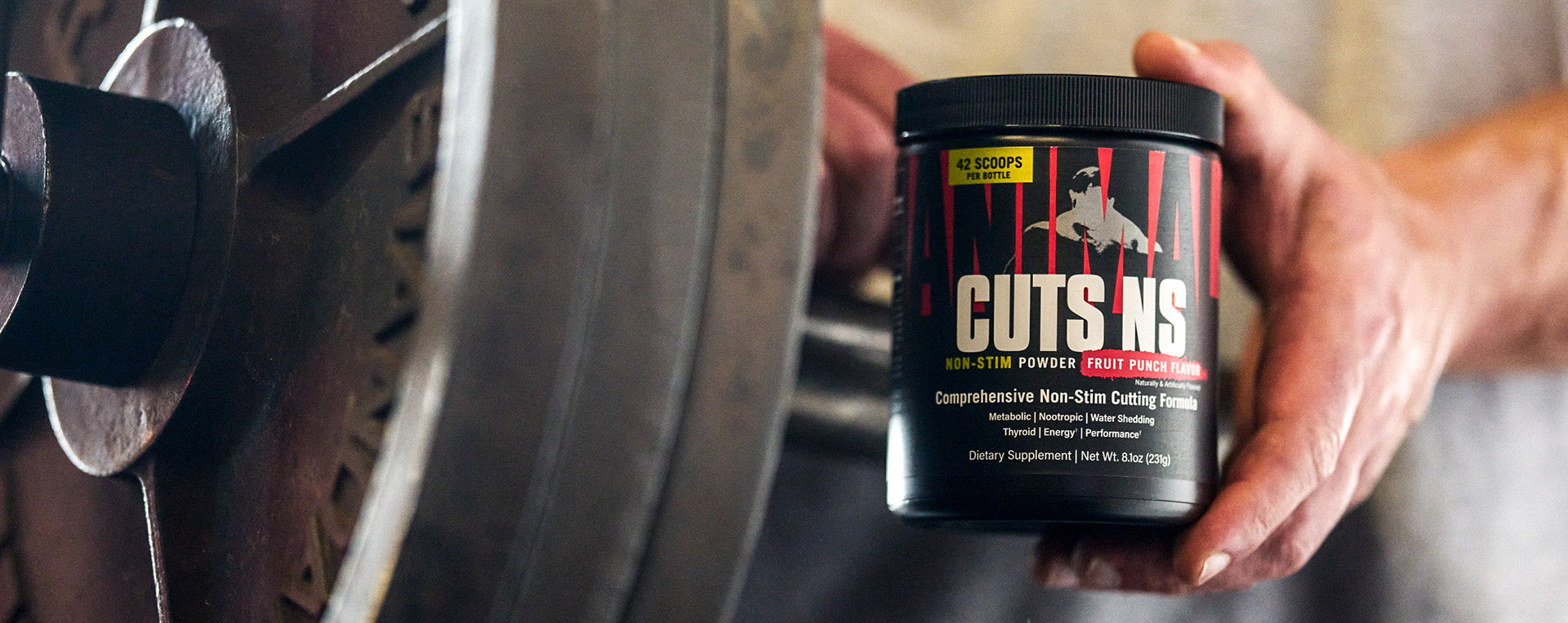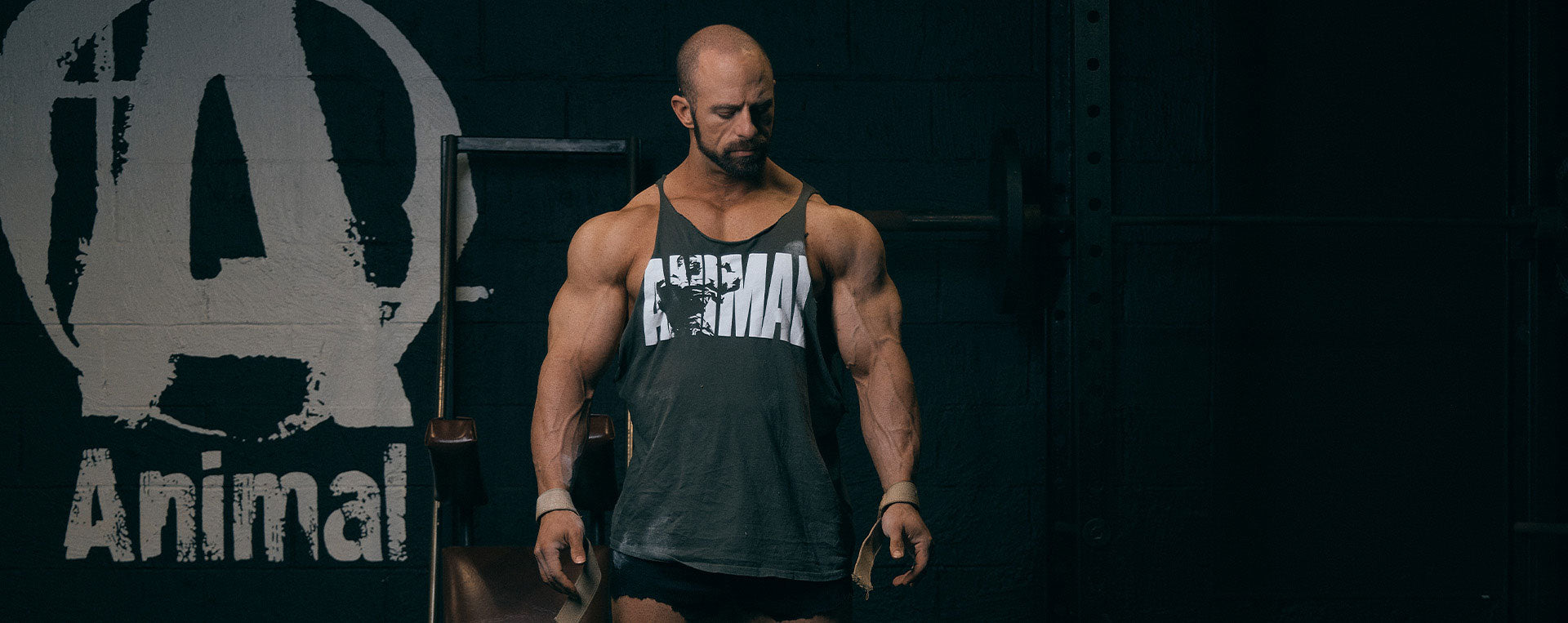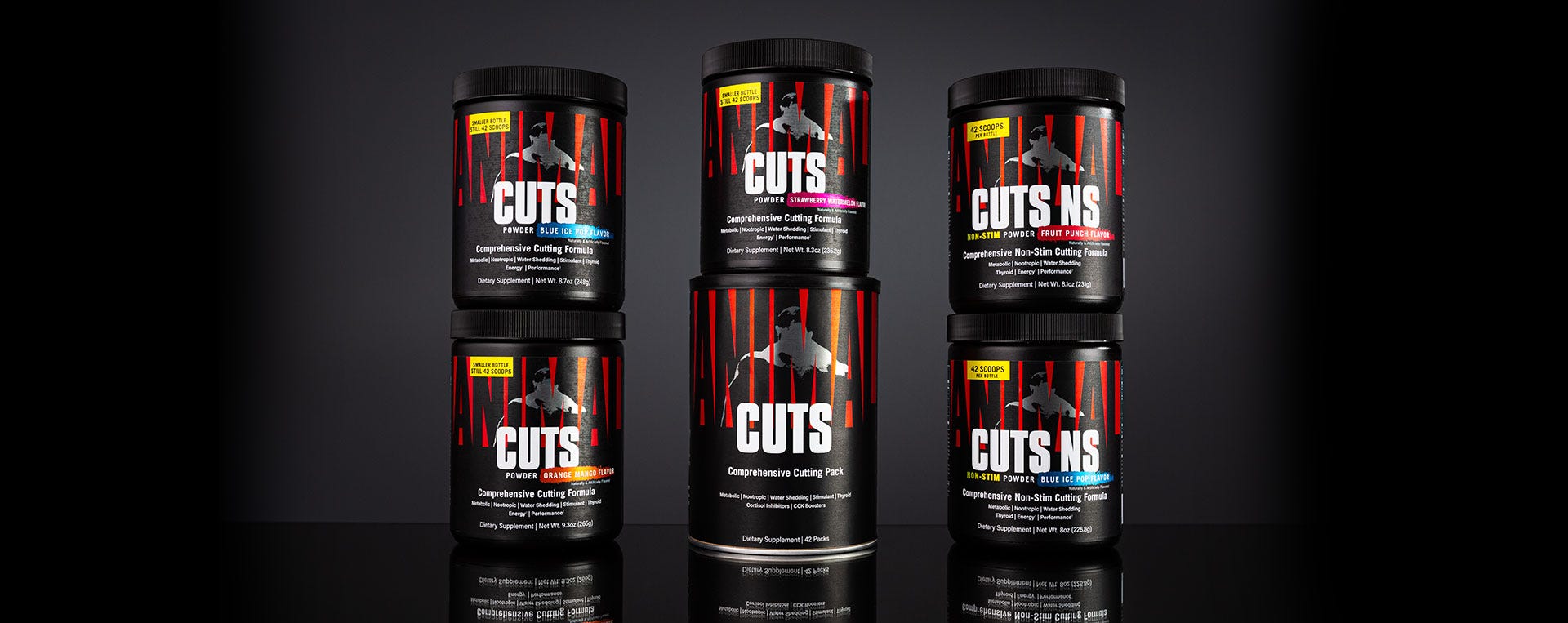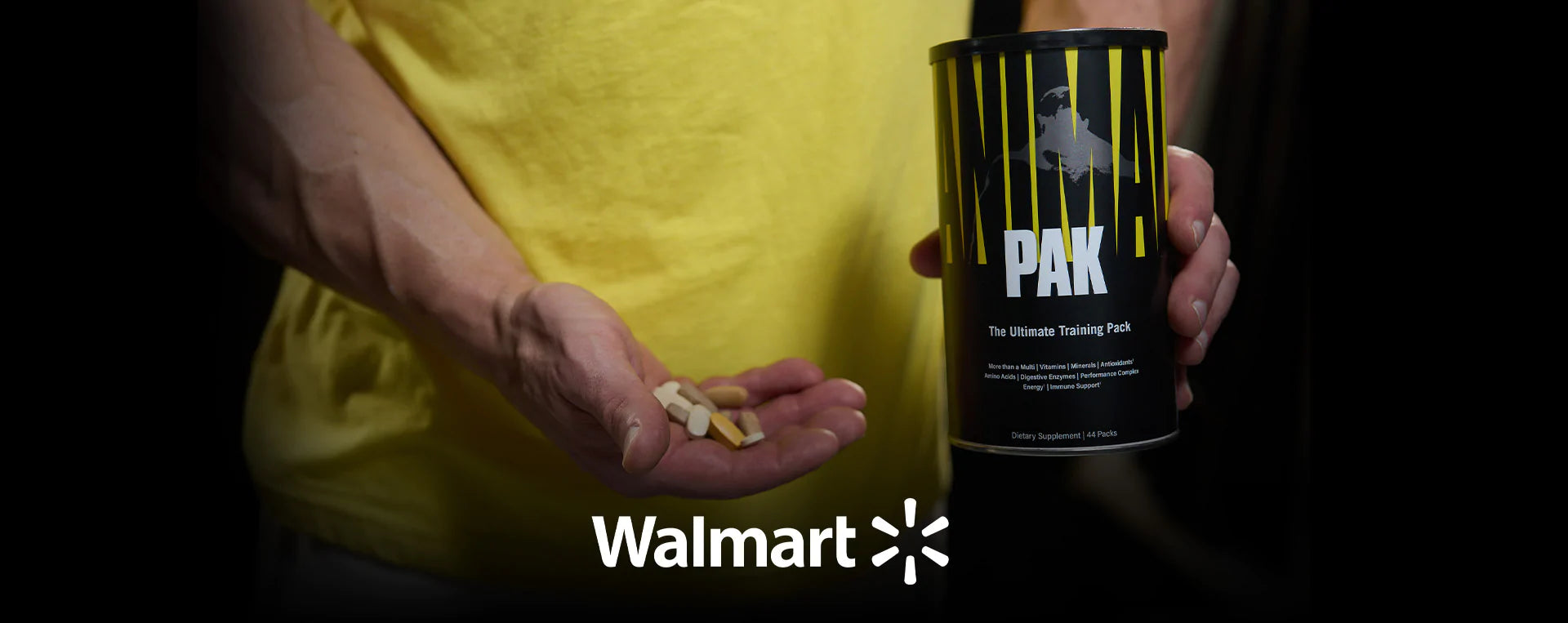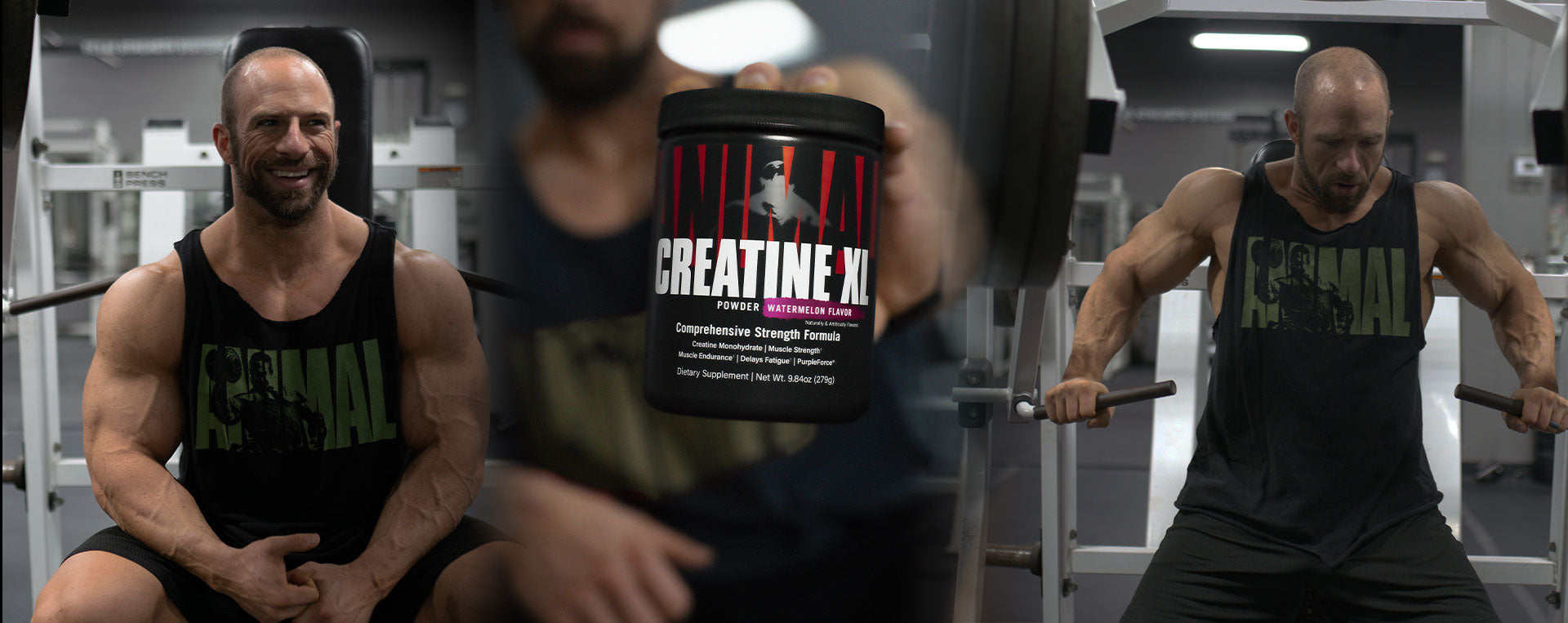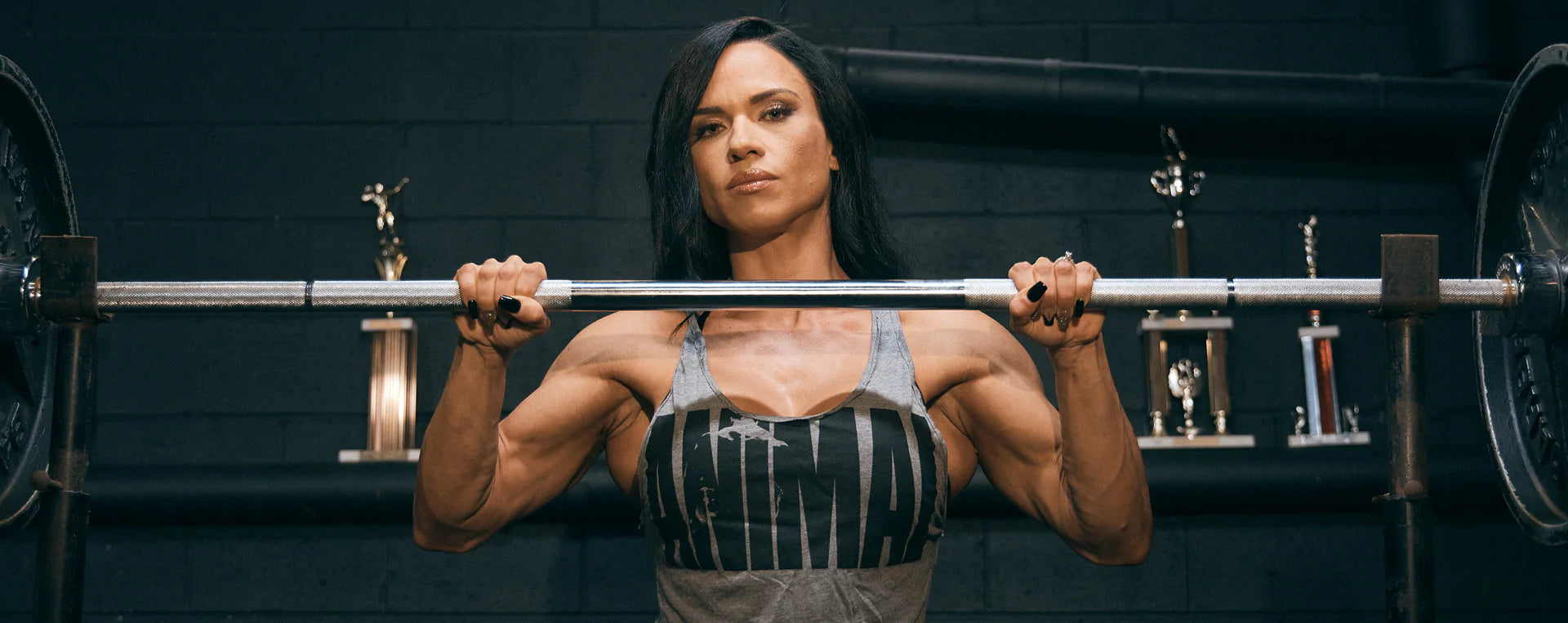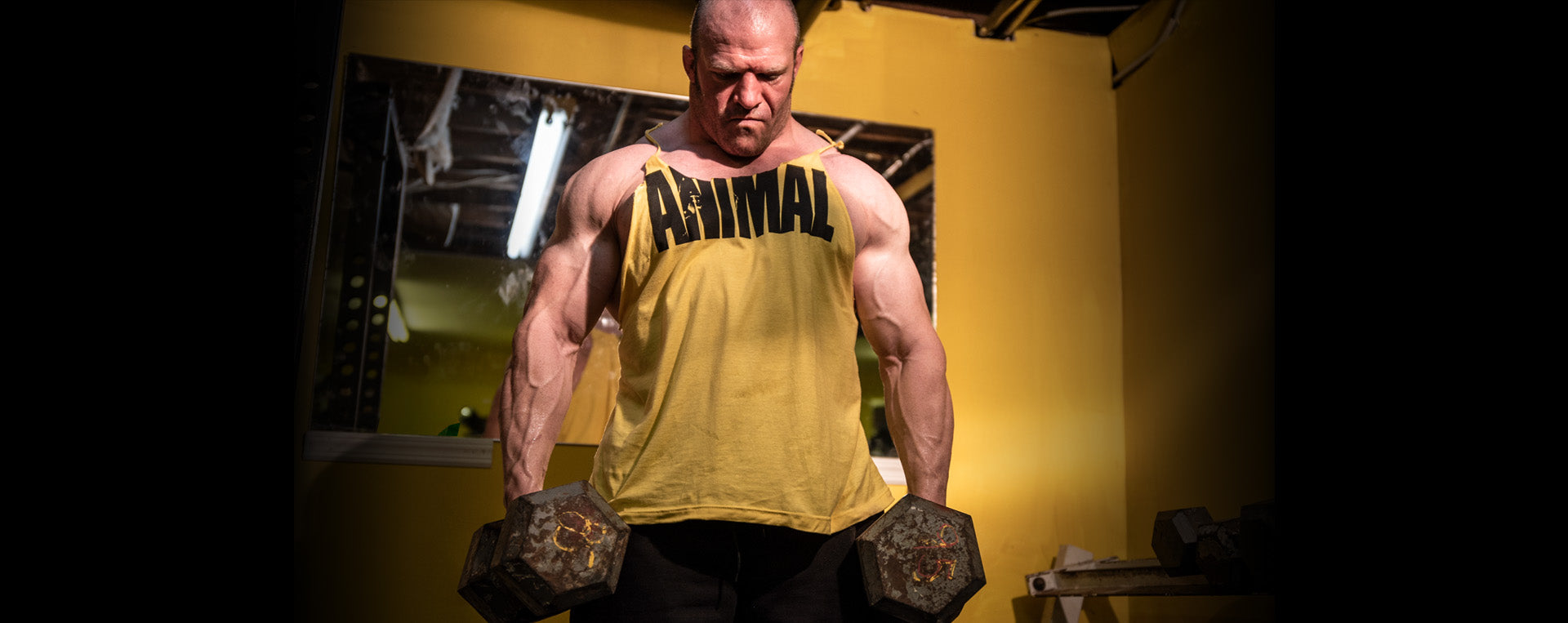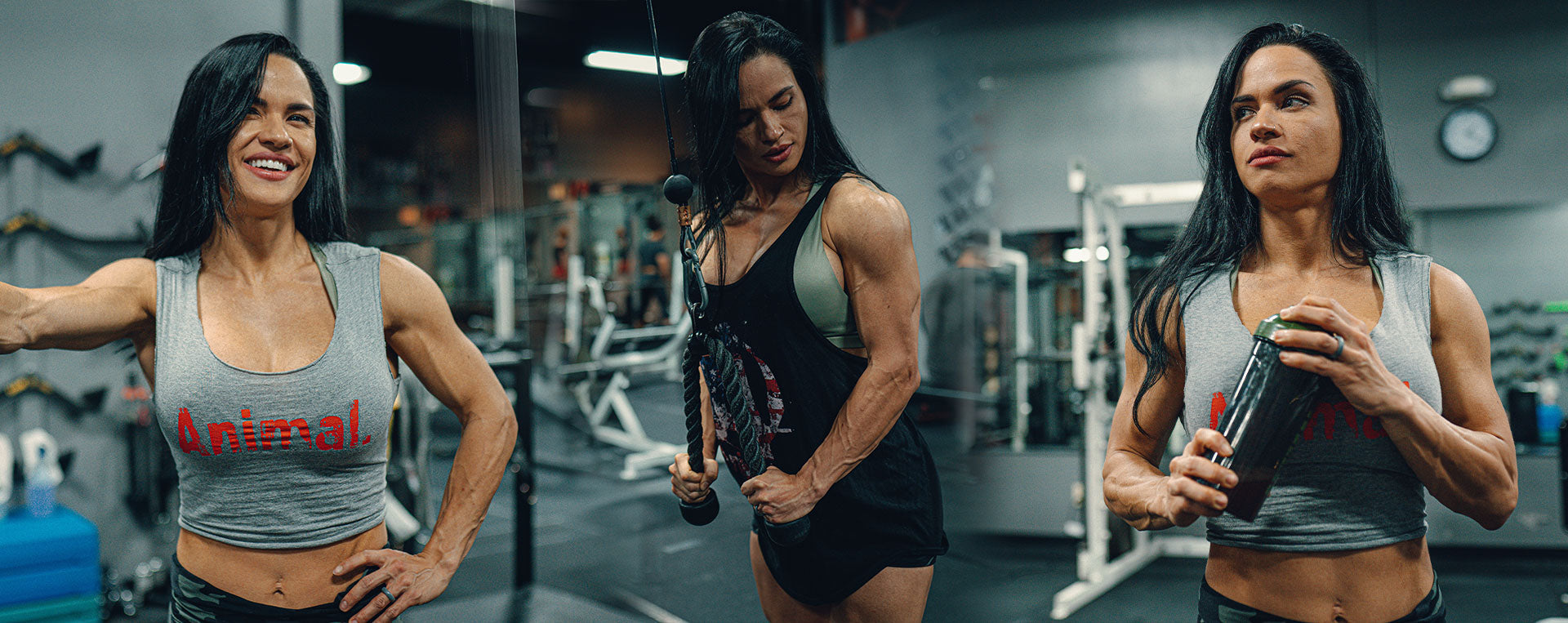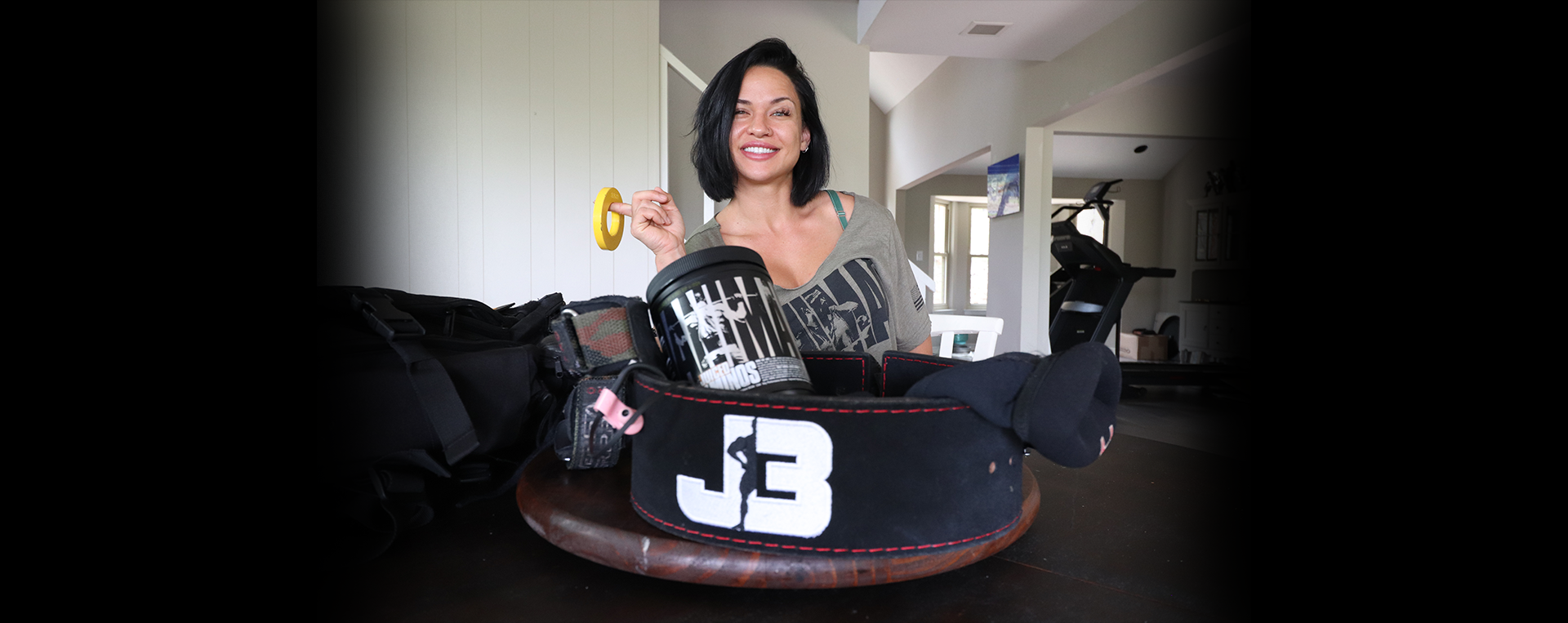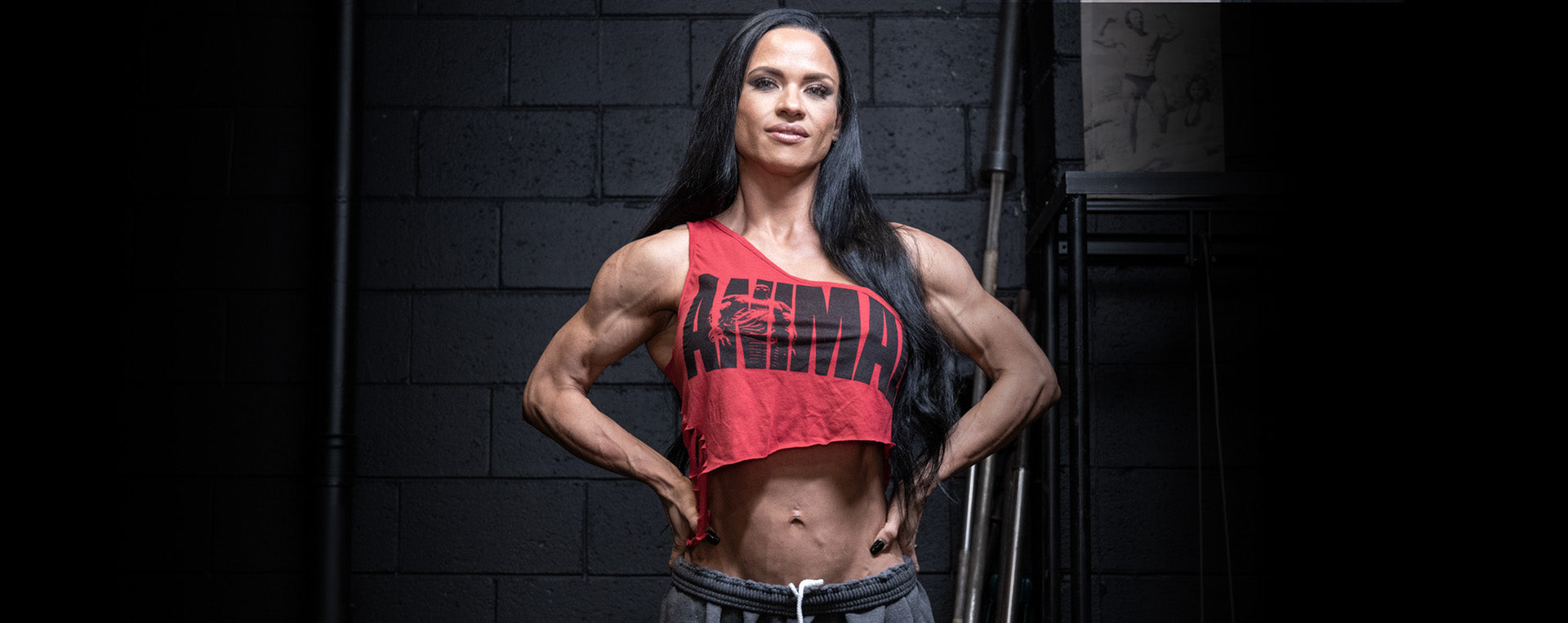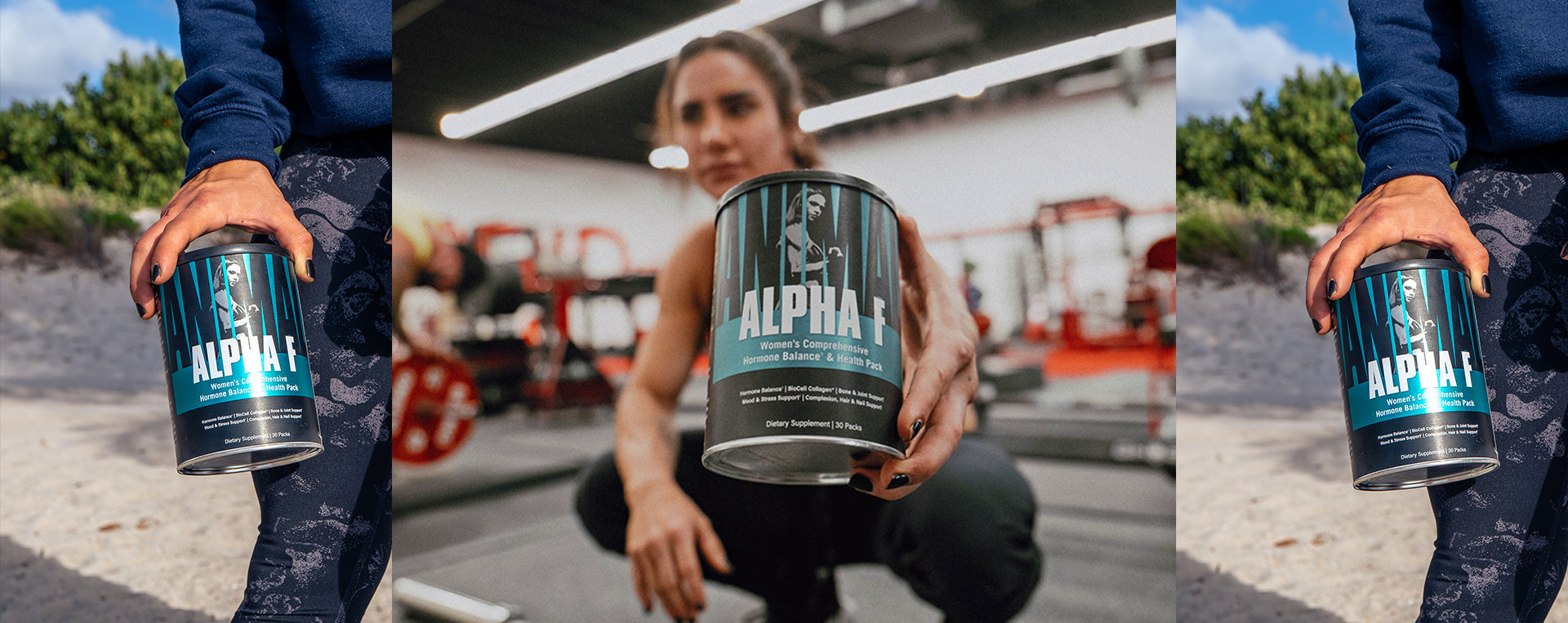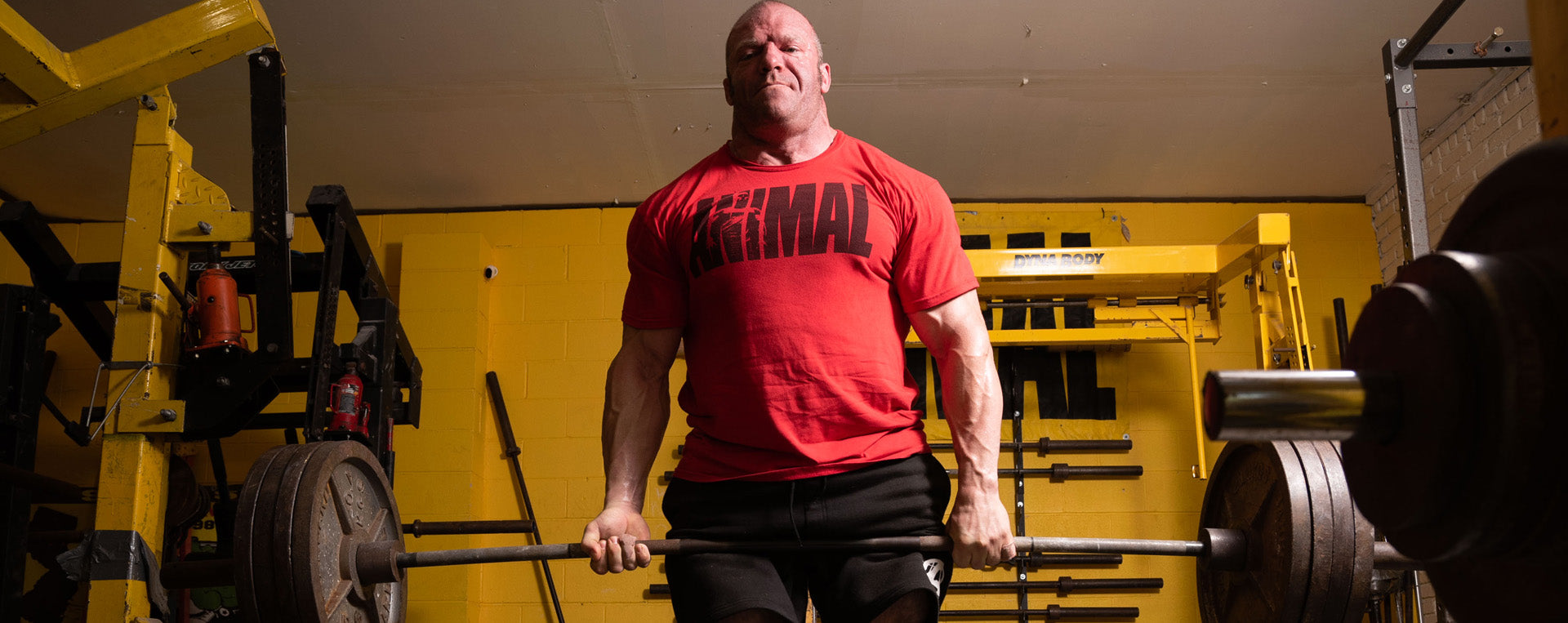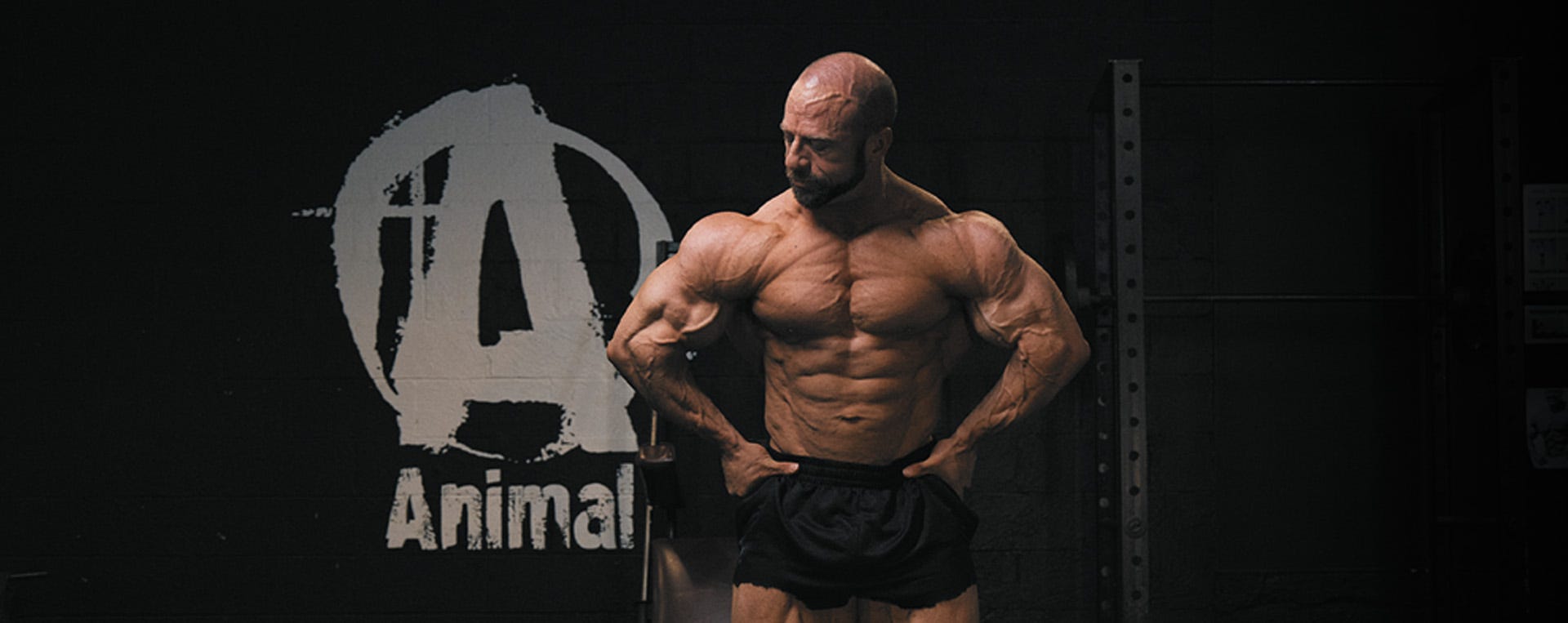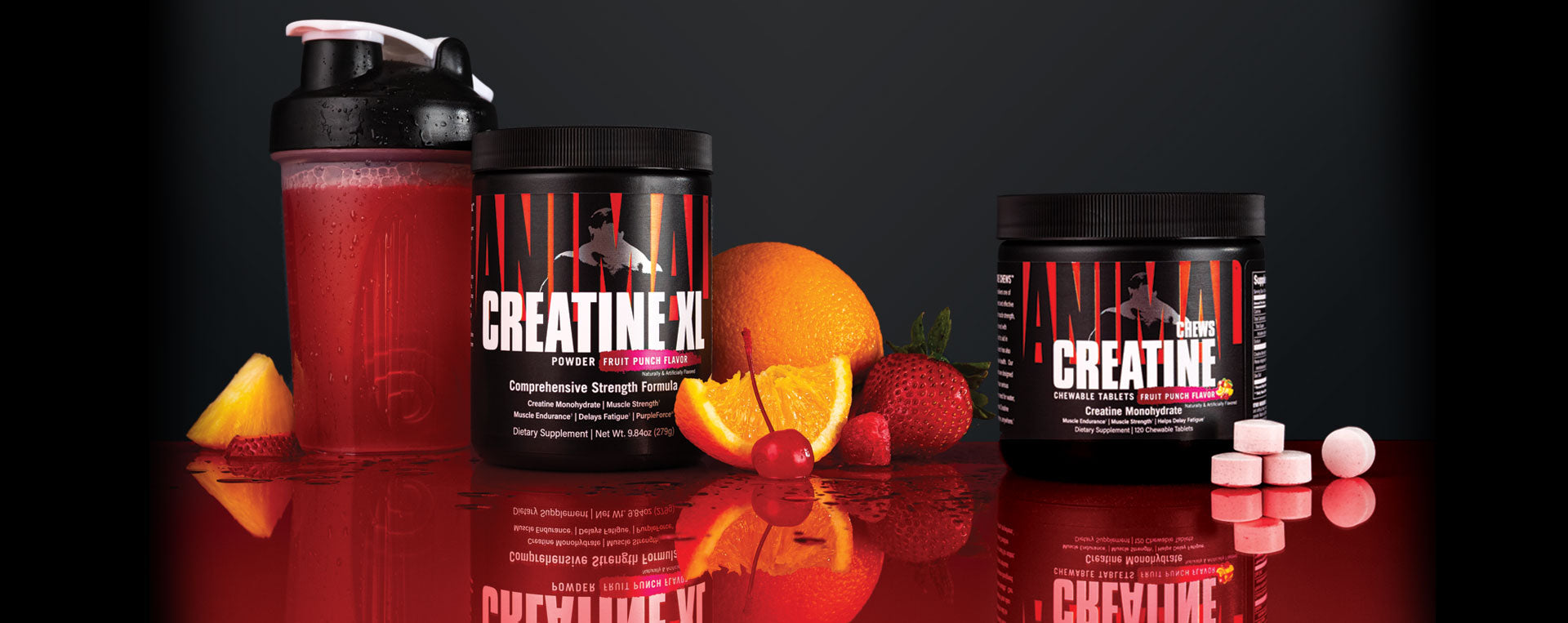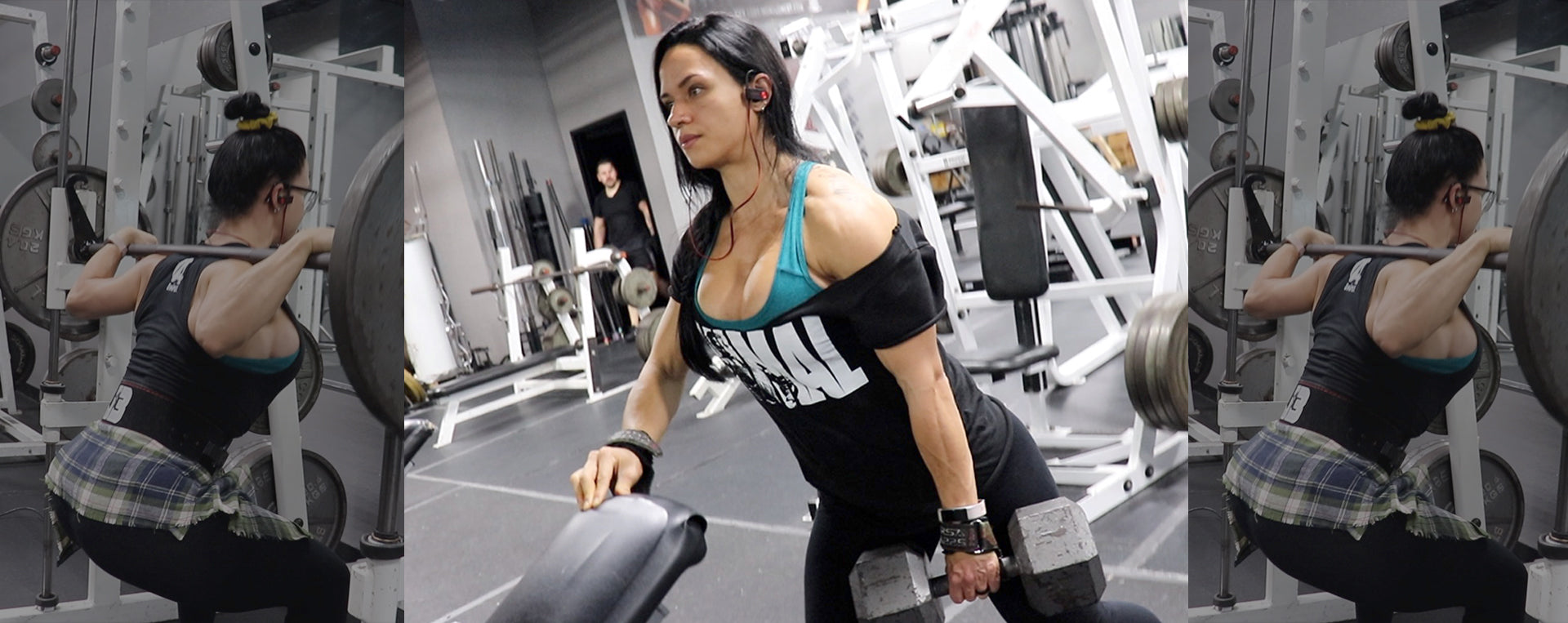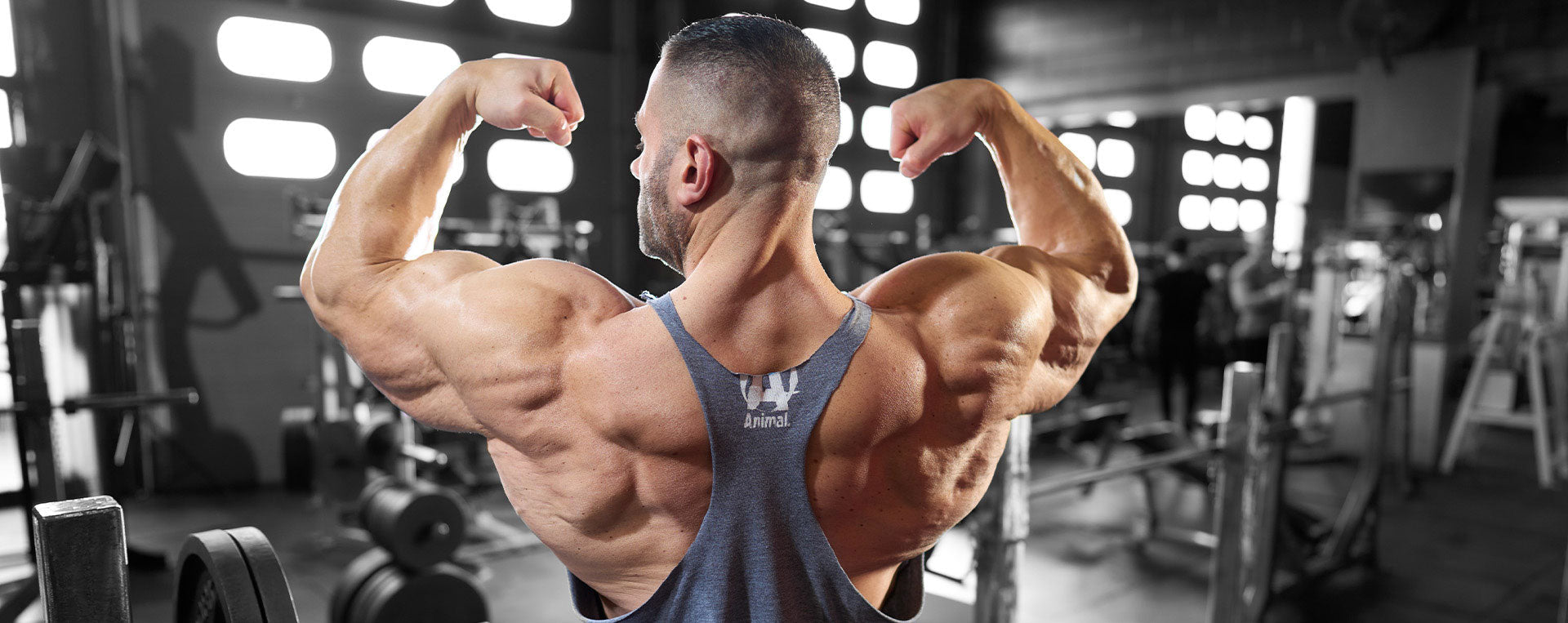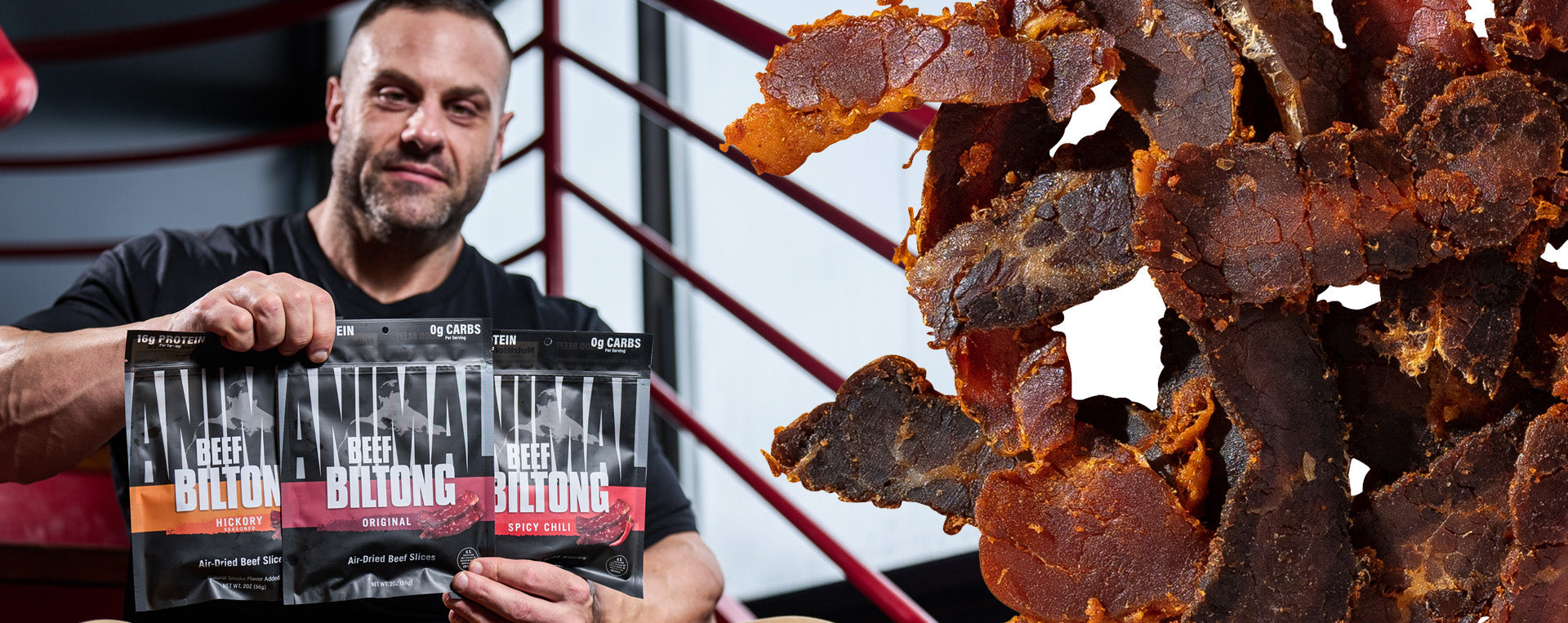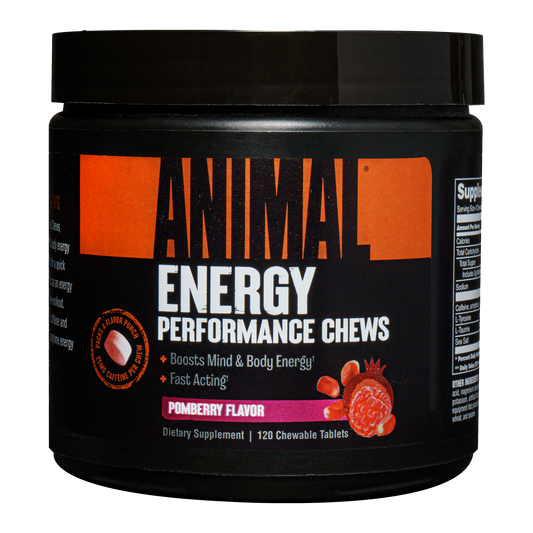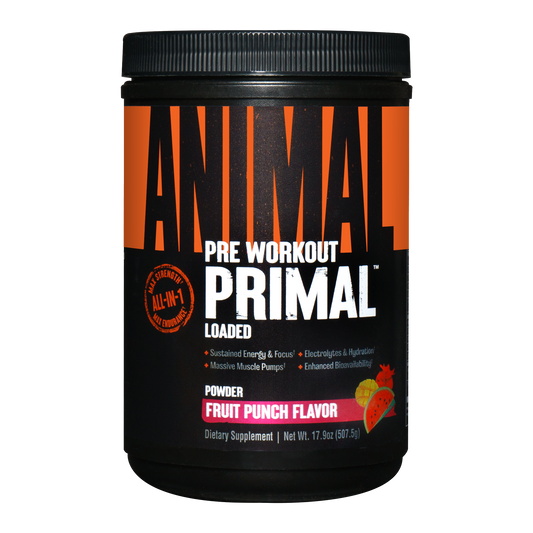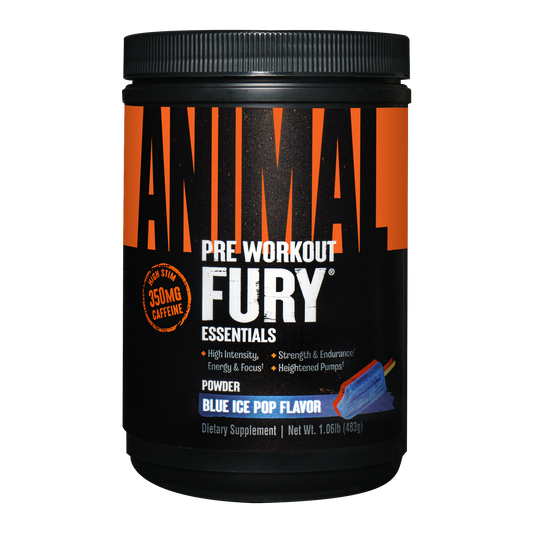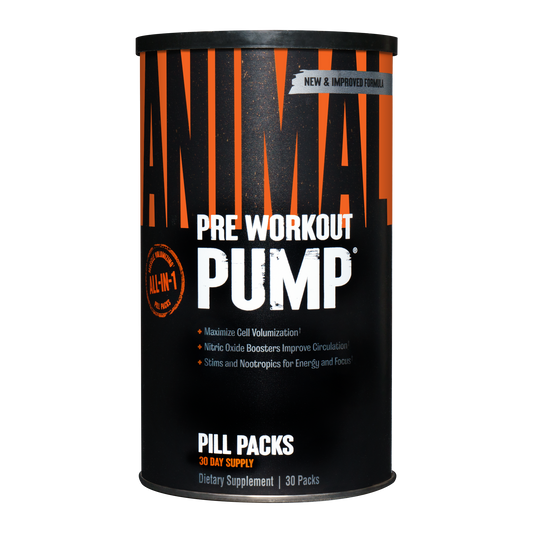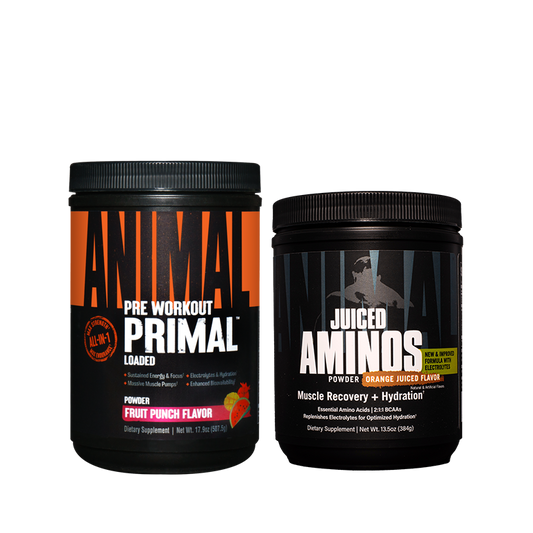You have your training in place and you’re working hard in the gym, but are you eating for your physique goals? More often than not I see women trying to build muscle with a diet that doesn’t match the goal. Let’s leave behind our self-limitations. In this article we are going to nail some points to keep you on your muscle building journey.
Increase the Food and Accept the Fluff
As physique competitors, we spend months on a very strict regimented diet where we achieve a very low body fat percentage. We get used to seeing ourselves every day, so over the course of prep, this unsustainable look becomes the norm. Once we’ve presented all our hard work on stage and our contest prep is over, then what?
It can be tough to let go of that look for which you’ve worked so hard. If you want to make improvements for your next competition season, you’re going to have to temporarily say farewell to the six-pack, capped shoulders, and fat-free thighs and say hello to a higher calorie intake and a softer physique. It’s not healthy or realistic to try to maintain a “stage-ready” body year-round.
Instead of focusing on achieving a “look” and celebrating every new visible muscle or vein, focus on other achievements that aren’t directly tied to your outer appearance. I love to train—I love getting stronger and hitting new Personal Records (PRs). Although I believe you should train just as hard in prep as you do in the off-season, you’re probably not getting exponentially stronger or hitting any new crazy PRs during prep.
I make getting stronger and making improvements in the gym my main focus during the off-season. That’s what I celebrate. I know that these progressions in the gym are helping me build and improve on my next season’s look, even though I may not see physical changes right away. I have an appreciation for my body’s strength and resiliency. This helps take my focus away from that unsustainable look and helps me embrace my physique whether I’m stage shredded or off-season thick.
Limiting the Fat Gain May Limit the Muscle Gain
If you want to truly grow and reach a new level, get comfortable being uncomfortable. We need to embrace this challenge just like we do in the gym. You might not look stage ready or feel you look “Instagram worthy,” but your goals should be for you and not to fit in to a social standard.
Some body fat gain may be necessary when you’re in a growth phase. Don’t limit yourself and your potential by trying to stay excessively lean year-round. Not only is this hard on your metabolism, it’s also hard on your hormones and your mental health, and you’re certainly not doing your muscle mass any favors. If you’re looking to make sustainable and long-term physique changes, you’re going to have to spend more time out of a calorie deficit than in one.
So how long should an off-season last? A good rule of thumb is a 2:1 ratio. For example, if you spent 4 months in prep, you should take 8 months for off-season. When I decided to start competing, I took an entire year to grow and develop my physique before deciding to prep. During this time, I was eating in a slight surplus which was necessary to make the improvements I needed. Since you’ll be eating in a surplus, be prepared to see your scale weight steadily increase. Use the scale as a tool to track progress but don’t be a slave to it. I typically aim for a 0.5% body weight increase every 2-3 weeks. If you’re not gaining you’re probably eating at a maintenance level and need to increase calorie intake. If you’re gaining weight at a more rapid speed, you’re probably eating in an excessive surplus and need to decrease calories to slow body fat gain.
Weight Loss Diet Trap
Not eating enough to support goals isn’t unique to the physique competitor. The issue that I see most often with women in general is that they fall for the most current fad diet that promises “weight loss.” But what if they don’t simply want to lose weight? What if they want to gain lean muscle and reshape their current physique? Unfortunately, these diets teach you how to “diet,” but not how to eat for your specific goal. Some of these fad diets demonize certain ways of eating and, in some cases, completely exclude food groups. You will most likely lose weight, albeit temporarily, because you are losing water and lean muscle, not body fat.
To make the most gains in muscle mass and strength, you should be eating a balanced, nutrient-dense diet with the right amount of proteins, carbs, and fats. Eating for your goals doesn’t have to be eating the same old boring foods over and over again or vowing to never eat another carb. Once you have your macros nailed down, have some fun with your food choices. You can be flexible with your food options and still reach your goals. I’ll make a variety of foods during my off-season that fit within my given macros. Pancakes, blueberry crumble, pizza, and chicken pot pie are just a few of the things I’ve gotten creative with to fit my macros. It takes a little practice and creativity but that’s part of the fun. Plus, when you’re enjoying what you eat, you’ll be more likely to adhere to your plan.
Don’t Stray from Your Path
Have a long term-term vision and be aggressively patient. Focus on the big picture, not just how you look and feel in the moment. Don’t start dieting or making impulsive changes to your goals every time you feel slightly uncomfortable with your body. Find a higher level of intrinsic motivation; keep your focus on the future and the goal you want to accomplish. Visualize your physique goal and what you’re trying to get out of this. Love, appreciate, and accept your body in all phases of the bodybuilding process.
Don’t let your confidence rely solely on your body fat percentage. Let your confidence come from challenging yourself and doing the hard-ass work. I encourage you to dig deep and find your “why." Finding the deeper meaning to your goal can help you be consistent and follow through with your plan. For me, I am so driven to take my physique to its highest competitive level and to see my vision through that even when I have moments of self-doubt, impatience, and frustration, I’m able to hold on to my big picture. This helps me stay on the path to my ultimate goal when sometimes it would be easier to throw in the towel.
Final Thoughts
Whether you’re a physique competitor or you just have a certain physique goal in mind, any type of body composition change, like losing fat or gaining muscle, depends as much, if not more so, on your nutrition as it does your training program. We all know your body rebuilds stronger and bigger muscle tissue during recovery from strength training, but it will have a hard time doing this if you’re not feeding it. What and how much you eat is an essential part of making muscle gains. Not eating an adequate amount when you’re strength training can be counterproductive to your goal. So, with that being said, let’s eat!


